Democratising Omics for inclusive health breakthroughs in South Africa
Reducing disease burden and providing more effective, affordable healthcare solutions is a pressing priority for developing nations, such as South Africa, striving to achieve global health equity. Omics technologies present a powerful pathway to realising this goal.
The Department of Science and Innovation (DSI) in South Africa is spearheading initiatives to use these next generation innovations for tailored diagnostics, preventive interventions and personalised treatments that address the unique health challenges faced by local communities.
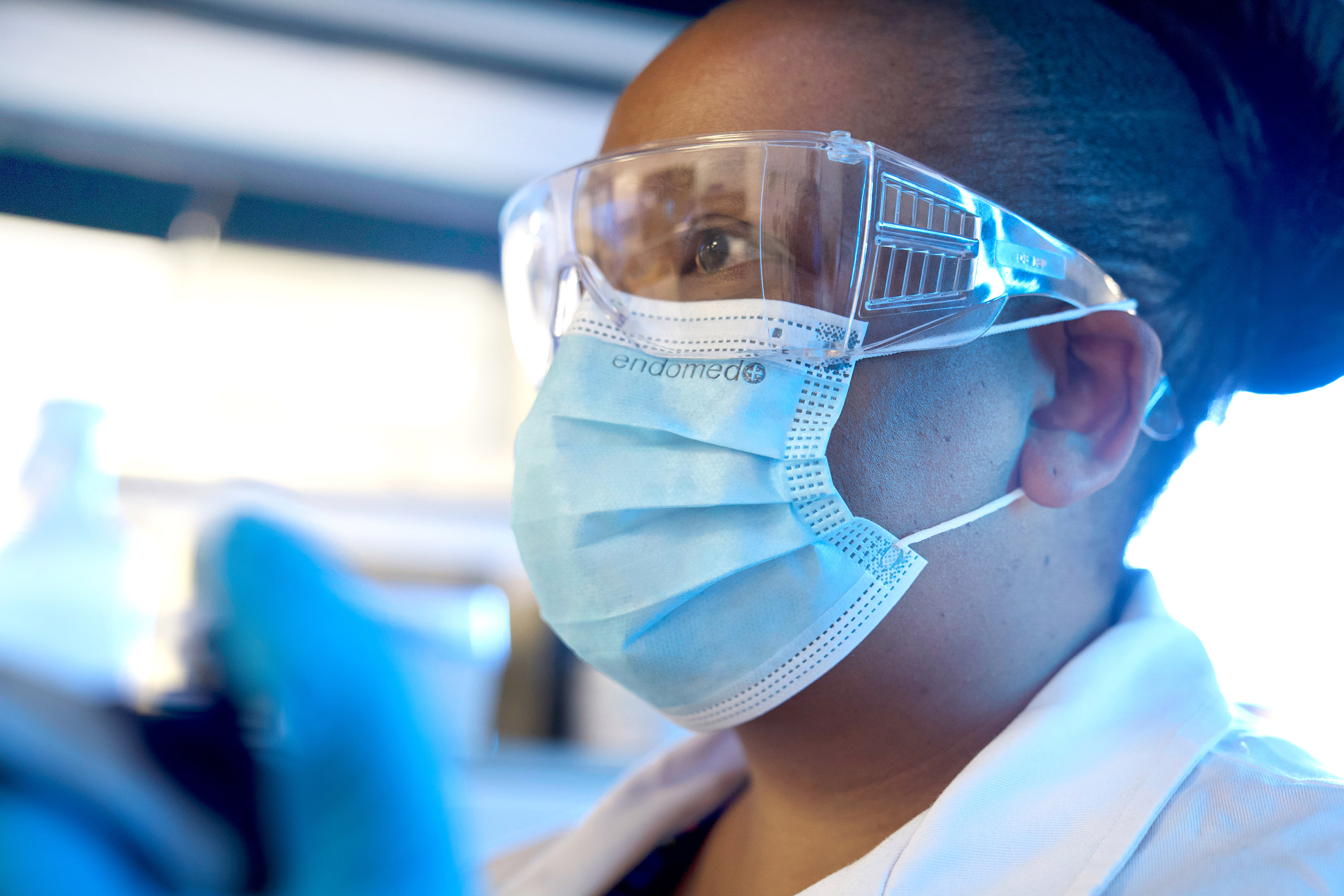
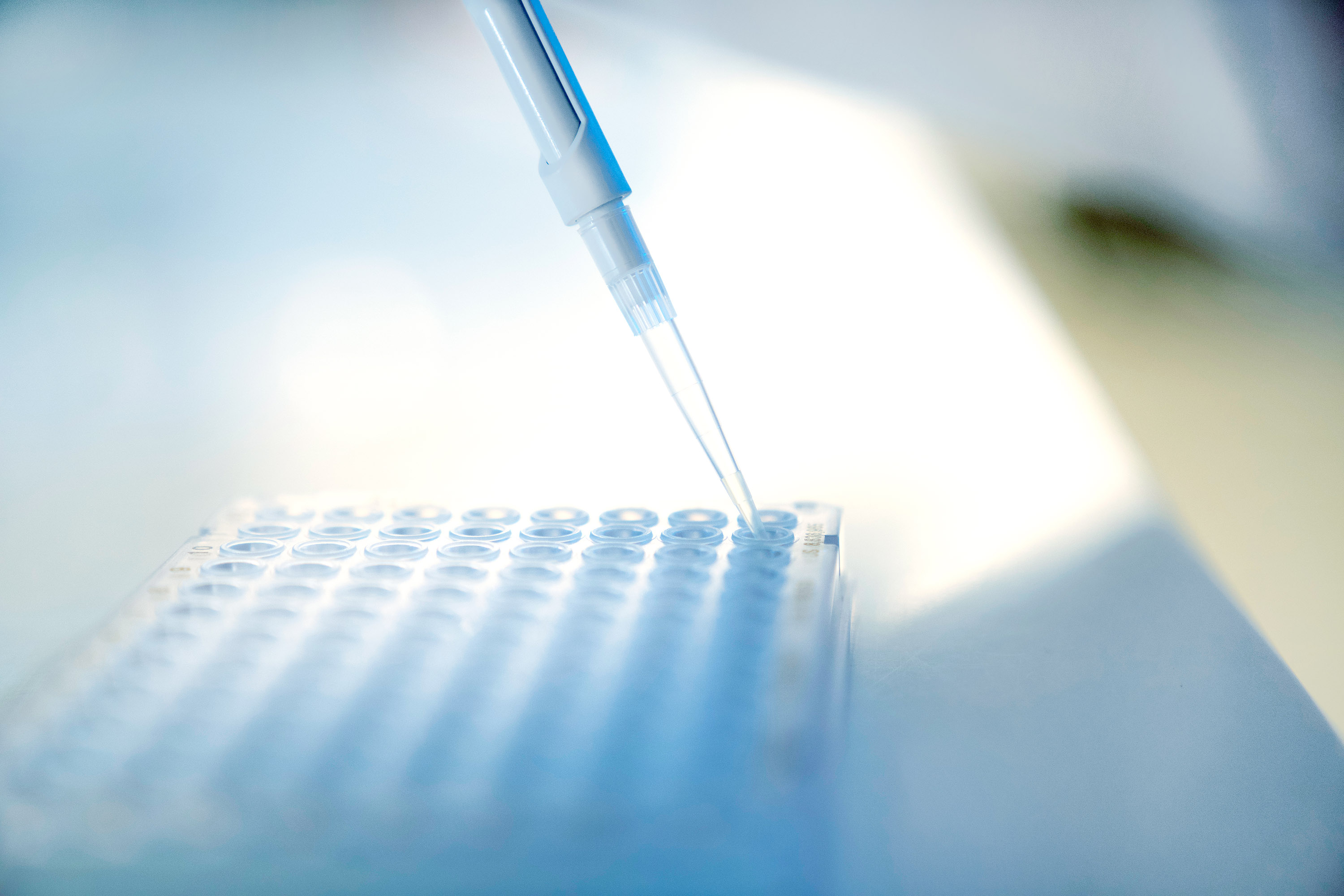
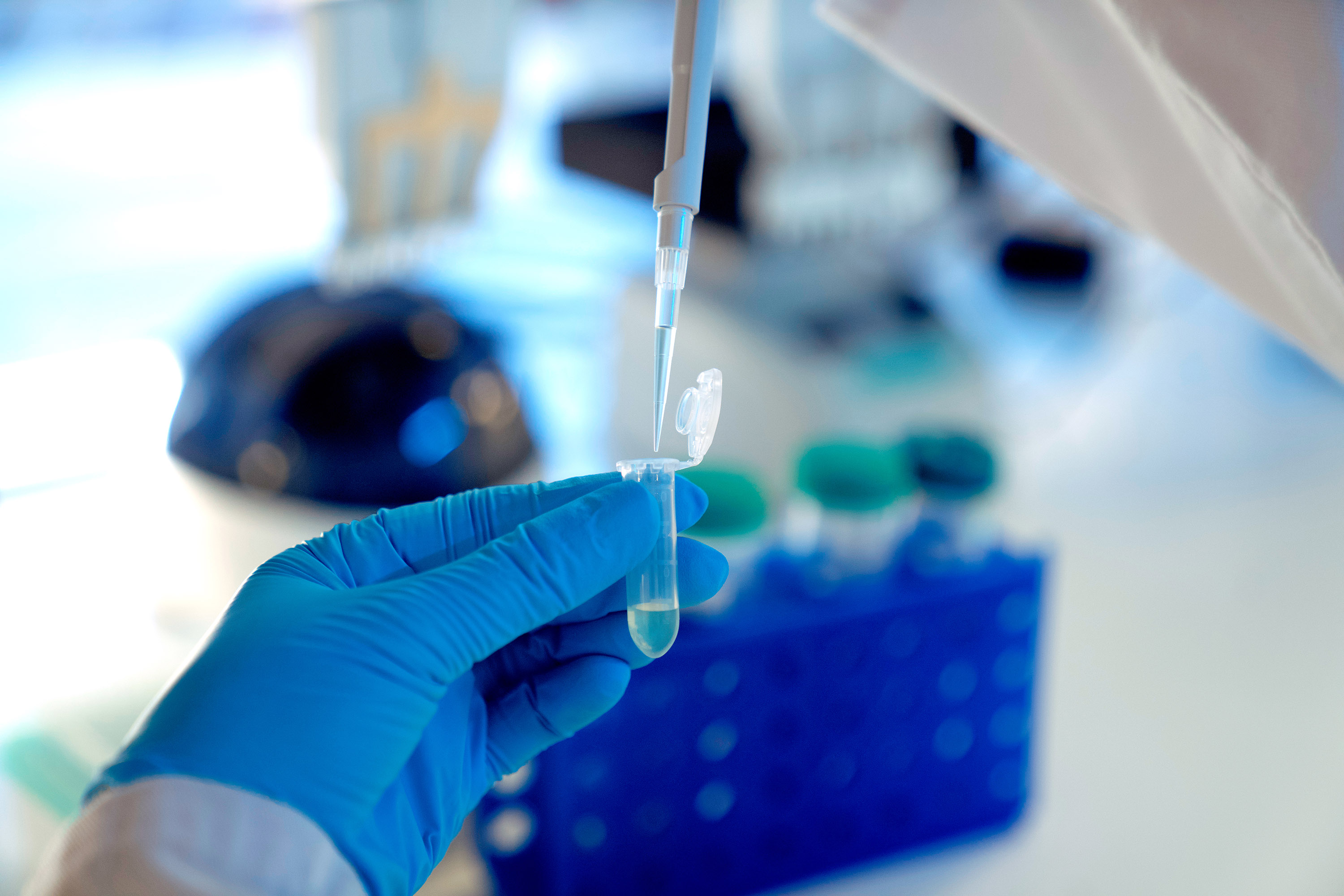
The vital role of Omics technologies for healthcare in developing countries
Omics encompasses various cutting-edge disciplines like genomics, transcriptomics, proteomics and metabolomics that analyse the core biomolecular makeup and functions of organisms.
By unlocking deeper insights into disease risk factors, genetic variations impacting drug responses and biological pathways underlying health conditions, omics technologies offer a tailored approach, with the potential to greatly improve health outcomes while optimising limited healthcare resources as is evident in South Africa.
However, realising the full promise of omics requires building robust local capacities for both upstream innovation through data collection and analysis, as well as downstream governance and regulation of these technologies.
Leading global institutions like UNESCO have highlighted the moral imperative of enabling equitable access to vital medical and scientific advancements for all nations. Developing countries need to cultivate capacities that empower them to not only effectively implement existing omics innovations, but also actively contribute to driving future breakthroughs through data-driven research and informed policymaking.
Source

Social justice and the role Omics innovation in the global south
Omics encompasses various cutting-edge disciplines like genomics, transcriptomics, proteomics and metabolomics that analyse the core biomolecular makeup and functions of organisms.
Sobering statistics however, from the Global Forum for Health Research, show only 10% of worldwide health research and development spending addresses the priority issues afflicting the poorest 90% of the global population [Chataway et al., 2010]. This disparity represents a critical challenge to achieving true social and global justice in healthcare access and outcomes.
By enabling omics innovation in developing countries, diagnostics and genomics technologies can provide greater insights into disease and disease risks that may not be prevalent in developed nations. This could effectively enable targeted drug development, support preventative action and reduce overall disease burden.
Additionally, massive costs are incurred by health systems due to adverse events associated with individual variability in response to medicines - a challenge that persists if advanced drugs are imported without considering the genetic variation of local populations.
Furthermore, if developing countries contribute actively to omics research and innovation, rather than being mere recipients of technologies designed for wealthier nations, it ensures new medicines adequately address diseases impacting local populations. This aligns with the growing global consensus championed by the UN Millennium Development Goals and UNESCO's [2005] Universal Declaration on Bioethics and Human Rights on the urgent need to empower the global south as equal partners and beneficiaries in medical advancements.
By including the needs and inputs of developing countries as drug and diagnostic innovation systems evolve around postgenomic science, we further both equality in health outcomes and equality of opportunity for scientific advancement worldwide. Equality of opportunity becomes particularly crucial for future and in-progress innovations like personalised medicine, as equality in access can only be applied to existing innovations.
Source

Dr. Tim Newman on DIPLOMICS' role in enabling Omics capabilities locally
At the forefront of developing South Africa's omics capabilities is Dr. Tim Newman, Director of DIPLOMICS at the Centre for Proteomics and Genomics Research. With a background spanning academic, private and government research sectors in the United States, Dr. Newman's expertise lies in behavioural and psychiatric genetics in human and non-human primate models.
After relocating to South Africa in 2006, Dr. Newman played a big role in supporting the country's National Systems of Innovation by sourcing, assessing and nurturing investments in health biotechnology, with a focus on medical devices, diagnostics and complementary medicines derived from indigenous plant resources.
Today, Dr. Newman's efforts are centred on the business development of technology platforms that implement omics infrastructure solutions, a critical component of South Africa's national bio-economy strategy.
Through DIPLOMICS, a Department of Science and Innovation (DSI) initiative that supports 13 DSI-established research infrastructures, Dr Newman and his team are strengthening omics capacity nationwide by providing vital support to research laboratories.
“We support the research community, especially universities by providing access to research facilities, training and bioinformatic data to support research design and outcomes nationally. We also support researchers in the Healthcare industry who are innovating in the fields of precision medicine that enables targeted and effective treatment,” says Newman.
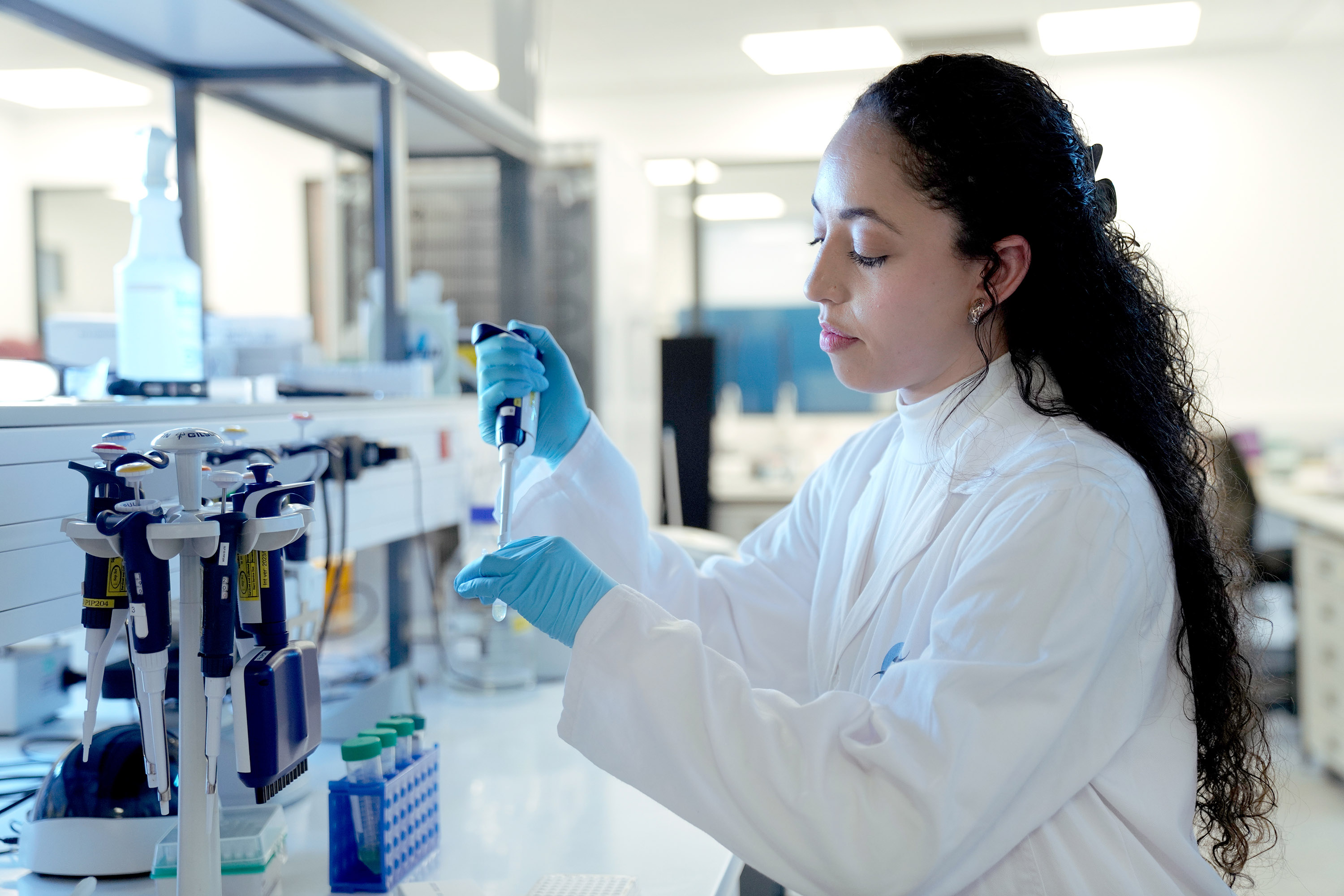
Driving local research and discoveries with Omics support services
DIPLOMICS' comprehensive array of services empowers researchers, universities, and healthcare industry innovators by offering:
Laboratory infrastructure support: Providing state-of-the-art equipment, contracts and laboratory information management systems to facilitate advanced omics research.
Advanced training for technicians: Access to specialised courses and workshops, cultivating a skilled workforce capable of utilising the full potential of omics technologies.
Centralised Omics resource portal: A centralised information hub that aggregates data, resources and opportunities, enabling stakeholders like policymakers and practitioners to identify strategic areas for intervention and investment.
Omics research support: Operating as a support system for university and commercial research laboratories across the fields of genomics, proteomics and metabolomics, encouraging collaboration and knowledge-sharing.
Bioinformatics marketplace (Clarity): Connecting researchers with the right bioinformatics expertise for their projects, ensuring effective data analysis and interpretation.
By leveraging these powerful resources, South African researchers and innovators can accelerate the development of omics-based solutions that address pressing healthcare challenges, drive agricultural advancement and contribute to a thriving bio-economy.
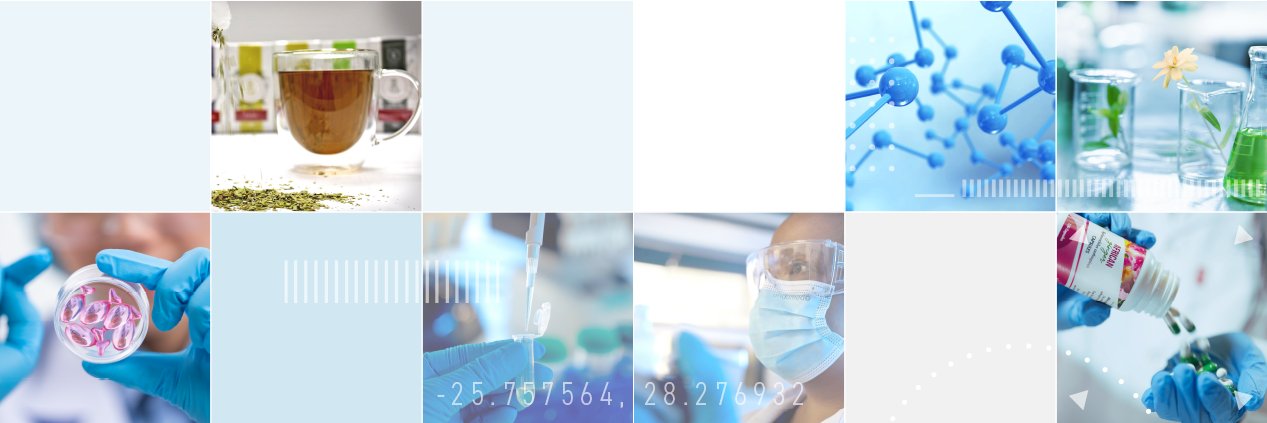
Collaborate with the DSI to unlock South Africa's Omics potential
research infrastructure, cultivating specialised expertise, and facilitating access to critical data and resources, the Department of Science and Innovation (DSI) is paving the way for breakthroughs that can profoundly impact healthcare, agriculture and numerous other sectors.
Whether you represent a university, a research institution, a healthcare provider or are an industry player, collaborating with the Department of Science and Innovation (DSI) presents a valuable opportunity to tap into the potential of omics research.
Together, we can change the face of localised scientific discovery, drive sustainable economic growth and champion a future of improved health, food security and overall well-being for all South Africans.
To learn more about our omics initiatives, explore collaboration opportunities and gain insights from experts like Dr. Tim Newman, visit innovation.bridge.info today.
Department of Science and Innovation
Making sure it’s possible.

